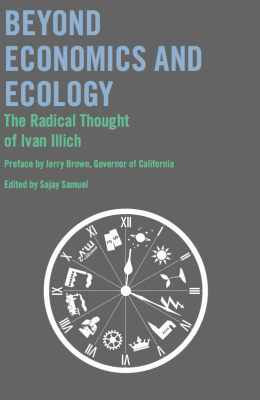Description
This post is also available in:
![]() العربية (Arabic)
العربية (Arabic)
Parallels and Paradoxes: Explorations in Music and Society
Parallels and Paradoxes: Explorations in Music and Society: These free-wheeling, often exhilarating dialogues—which grew out of the acclaimed Carnegie Hall Talks—are an exchange between two of the most prominent figures in contemporary culture:
Daniel Barenboim, internationally renowned conductor and pianist, and Edward W. Said, eminent literary critic and impassioned commentator on the Middle East.
Barenboim is an Argentinian-Israeli and Said a Palestinian-American; they are also close friends.
As they range across music, literature, and society, they open up many fields of inquiry: the importance of a sense of place; music as a defiance of silence; the legacies of artists from Mozart and Beethoven to Dickens and Adorno;
Wagner’s anti-Semitism; and the need for “artistic solutions” to the predicament of the Middle East—something they both witnessed when they brought young Arab and Israeli musicians together. Erudite, intimate, thoughtful and spontaneous, Parallels and Paradoxes is a virtuosic collaboration.
From Publishers Weekly
Parallels and Paradoxes: Explorations in Music and Society
FOR MORE BOOKS
This post is also available in:
![]() العربية (Arabic)
العربية (Arabic)

 العربية
العربية  English
English 



